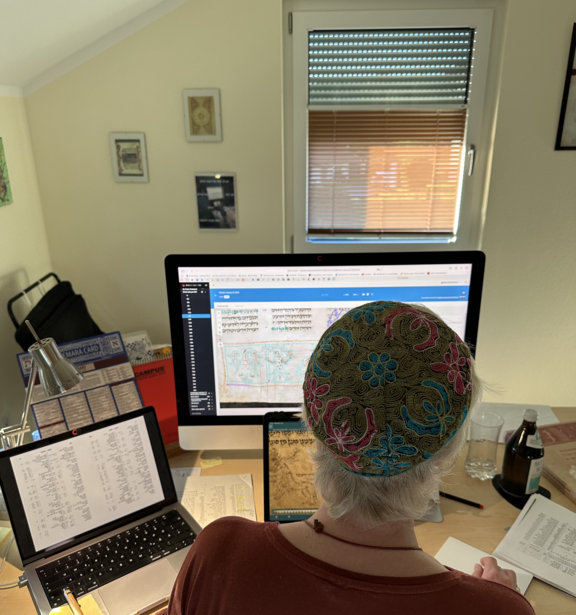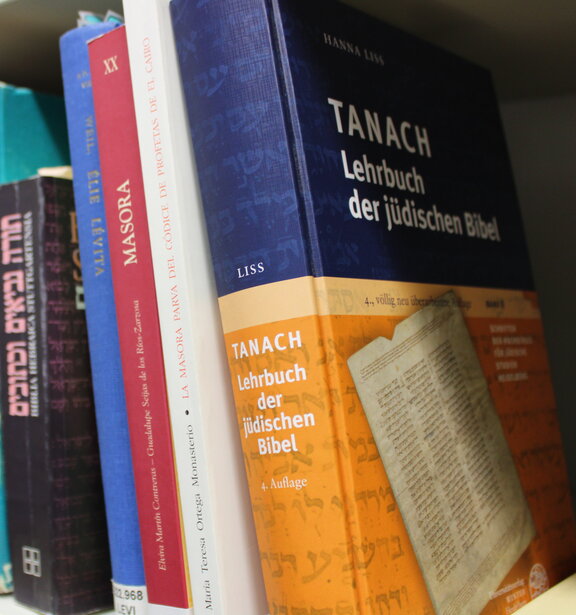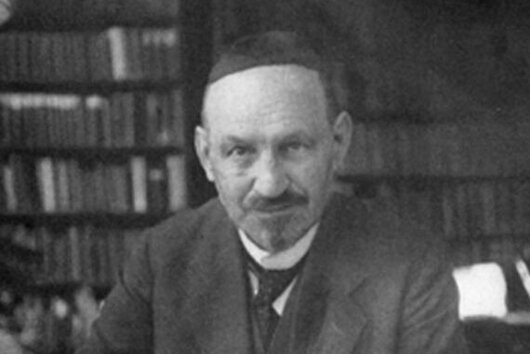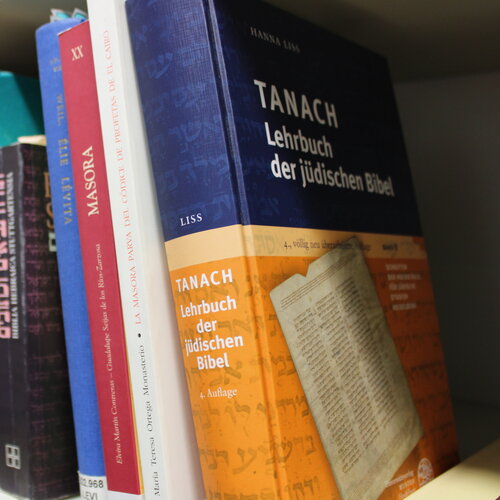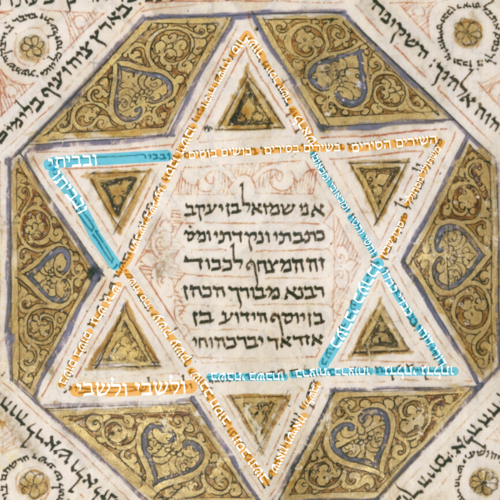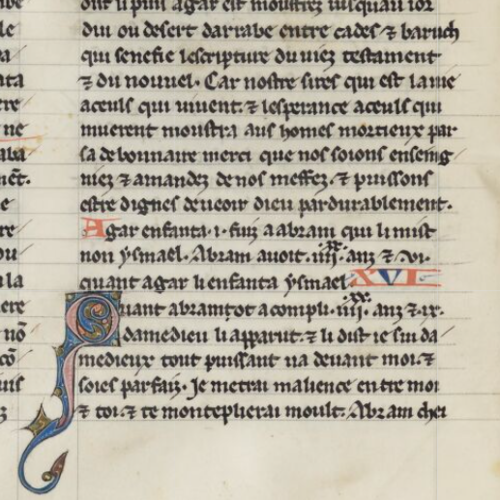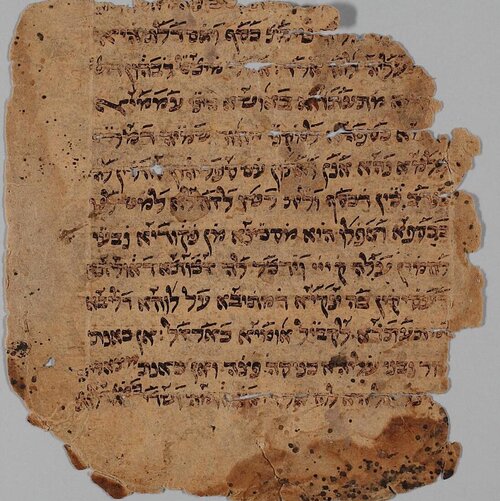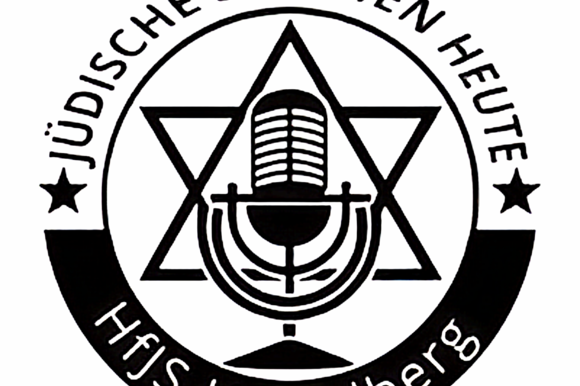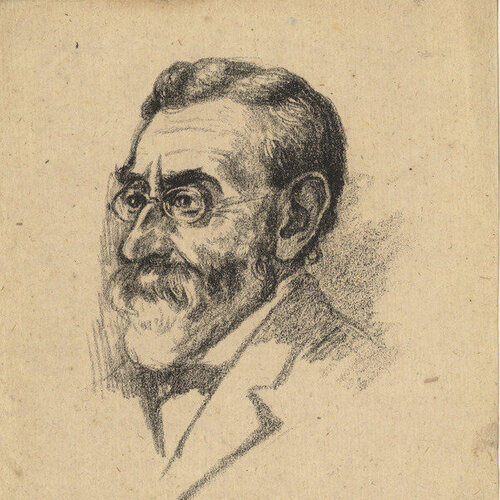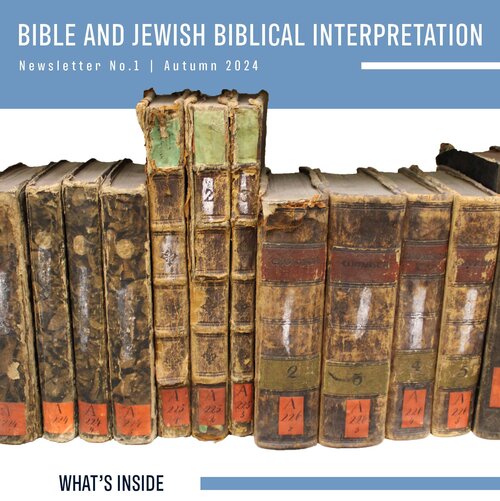The Pharisees - history and significance
The Pharisees - who they really were
For centuries, the Pharisees were well known but little understood - due in part to their outsized role in the Christian imagination, which stems from select negative stereotypes. However, many historians see the Pharisees as respected teachers and forward-thinking innovators who helped Jewish tradition become more adaptable to changing circumstances and more egalitarian in practice. To bridge this gap, the authors in this volume provide a multidisciplinary assessment of who the Pharisees actually were, what they believed and taught, and how they have been portrayed throughout history.
Organized by the Ignatz Bubis Chair of History, Religion and Culture of European Judaism & the Chair of Bible and Jewish Biblical Interpretation
Please take into consideration that the event starts s.t. at 6 p.m.!
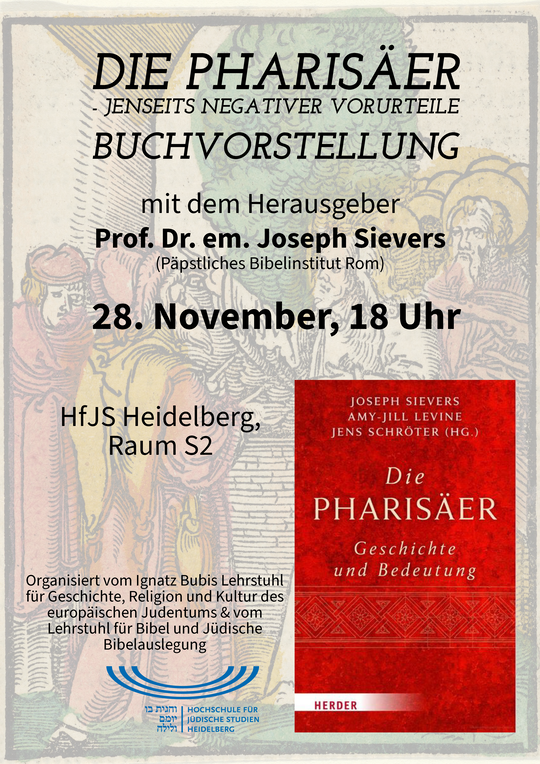
-
Date 28 November 2024
-
Time 18:00 - 19:30 UTC+01:00
-
Participation On-site
-
Language German
-
Contact HfJS
-
Location University of Jewish Studies
-
Registration? No

